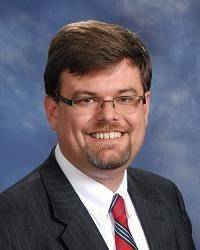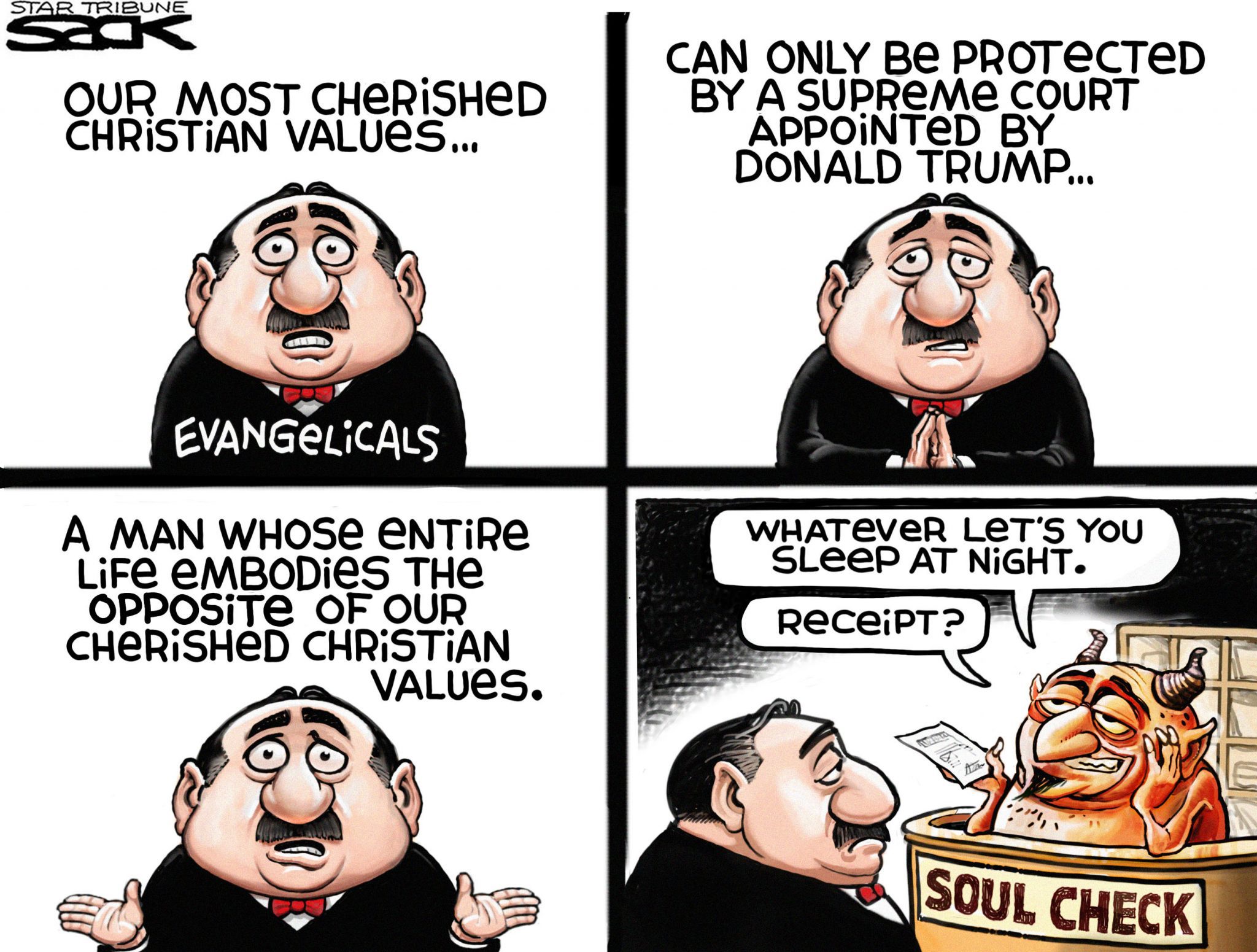BY MARK Y.A. DAVIES
 Religion possesses immense power to renew the human spirit or to imprison it.
Religion possesses immense power to renew the human spirit or to imprison it.
I was a fundamentalist Christian from about age 14 to age 19. The church was my most important community of my teenage years, and the people there made me feel welcomed, loved, and important. Though I do remember an appeal to feelings of guilt sometimes being used in ways that when I look back now seems coercive, the Christian fundamentalism of my teenage years did not seem to be mean-spirited or hateful. The people in my religious community were kind persons, and I believe they wanted the very best for me and each other. I loved them, and I still do. Although I believe much differently than most of them probably do today, I am still thankful for them and for the love in community I experienced with them.
The fundamentalist beliefs of the religious community of my teens seemed to be held sincerely, and the members of the community expressed genuine concern for the salvation of others who were not Christian. This concern for the salvation of others is understandable given the fear and belief that non-Christians were lost and would be lost eternally without Christ. It was within this fundamentalist context and while sharing these beliefs of concern for the salvation of others that I experienced a sense of calling at the age of 16 to become a minister, and I am United Methodist minister to this day.
During my college years, experiences of the closed doors of judgmental attitudes of this fundamentalist perspective, heart-opening friendships with persons of other religions and with persons of no religion, and the mind-opening experience of a liberal arts education turned me away from fundamentalism to a more ecumenical, open, non-judgmental, and inclusive view of my Christian faith. I still cherished the love and community that I experienced in the church of my teenage years, but I no longer believed that love and community needed to be coupled with exclusion and judgment – especially the exclusion and judgment of LGBTQ+ persons and persons who might have another orientation to religion than Christianity.
At age 51, I have been ecumenical and progressive for many more years than the fundamentalism of my youth. The transition was not easy, and I know that it may have been disturbing to many who probably sincerely fear for my soul or who think that I lost my faith, but I am happy for the transformation I experienced. I truly believe it has helped me become more of the person I hope to be in the world, but I still love the people of my home church who loved me and still do, though their love may now be mixed with what I imagine is genuine concern.
My experience of religious fundamentalism as a youth and my love for the persons who were a part of that community have made it even more difficult to watch how persons from a fundamentalist perspective are being manipulated by political and economic forces that have very little to do with the way of Jesus in this world. Large factions within the Republican Party have used and manipulated the sincerity and the passion of fundamentalist Christians to get them to do things I don’t think I ever dreamed I would see them doing.
I never thought I would see the day when Christian fundamentalists would support a president who brags about sexual assault, who lies relentlessly, and who surrounds himself with people from organized crime. I never thought I would see the day when fundamentalist Christians would be chanting “build the wall,” rejecting refugees, and supporting Muslim bans. I never thought I would see the day when Christian fundamentalists would become one of the strongest forces against environmental protections and regulations for our health and safety. I never thought I would see the day when fundamentalist Christians would use scriptures to defend people who have been accused of child molestation. And I hoped that Christian fundamentalists would not continue to harden their hearts and harm people through their anti-LGBTQ+ attitudes and practices.
Christian fundamentalist extremism is being used by people like Donald Trump, Stephen Bannon, Franklin Graham, Jerry Falwell Jr., and many others to tear apart the very social fabric of our country in an attempt to create some kind of theocratic Christian state; and it seems this movement will justify almost anything to pursue its causes.
In its embrace of authoritarianism, nationalism, xenophobia, racism, sexism, and anti-LGBTQ+ attitudes and practices, it resembles something more and more like a fascist movement than a religion of love and justice.
If this is left unchecked, we will experience continued and increasing violence and injustice, much of which will be done in the name of religion.
Our current situation is tragic on many levels, but one of the saddest things for me is that in the name of Christianity, fundamentalist extremism is taking people farther and farther from the loving and just ways of Jesus in this world and is dividing us through fear and hate rather than uniting us in Beloved Community.
Religion is being used to imprison and manipulate rather than renew the human spirit to care for people and the planet, and I believe that would make Jesus weep.
– Mark Y.A. Davies is the Wimberly Professor of Social and Ecological Ethics and director of the World House Institute for Social and Ecological Responsibility at Oklahoma City University. Click here for more of his essays.








